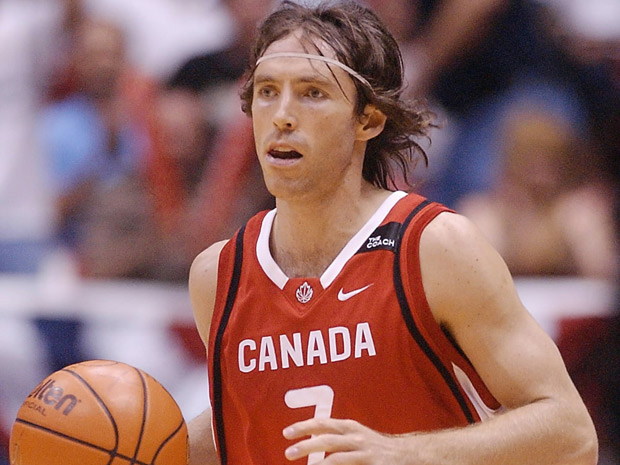I had to share this research summation that Mike MacKay passed on to me after he attended the Coaching Association of Canada’s 2008 Sport Leadership Conference which was held in Calgary (Alberta). The conference is an annual gathering of sport leaders from Canada and abroad.
…

Dr. Arne Guillich conducted a study of Olympic athletes. He interviewed over 6000 Olympians from Athens and the majority of German Olympic team. This is some of the first empirical data that looks at the long-term success or failure of elite sport systems. Some of the key finding were:
- Pursuing early success leads to no success in the future – There is nothing wrong with competition at younger ages. When there is competition their will be winners and losers. The problem is in the methods used to pursue early success.
- Early specialization = Early exit – Few if any of the Olympians (the exception were the gymnasts and divers which are early maturing sports) specialized early. In fact winning at the junior level often meant no success at the senior level.
- High volume of multi-sport at a young age – At younger ages the future elite athlete participated in a variety and number of sports. They used these years to “sample” what was available.
- Offered vs. Ordered – The future elite athletes succeeded when s/he was given a choice. When ordered into training programs, morning workouts, sport schools, etc., s/he did not come out at the elite end. The athletes spoke of doing these things because they wanted to, they could see how it would help them achieve his/her goals. It was not always fun, but s/he made the choice or commitment.
- Yeah, but… – Many coaches are fearful of change. Even when presented with the data they rationalize how it can be true for others, but not for their team or situation. “My players are the exception”.
Thanks Mike!
/sef.